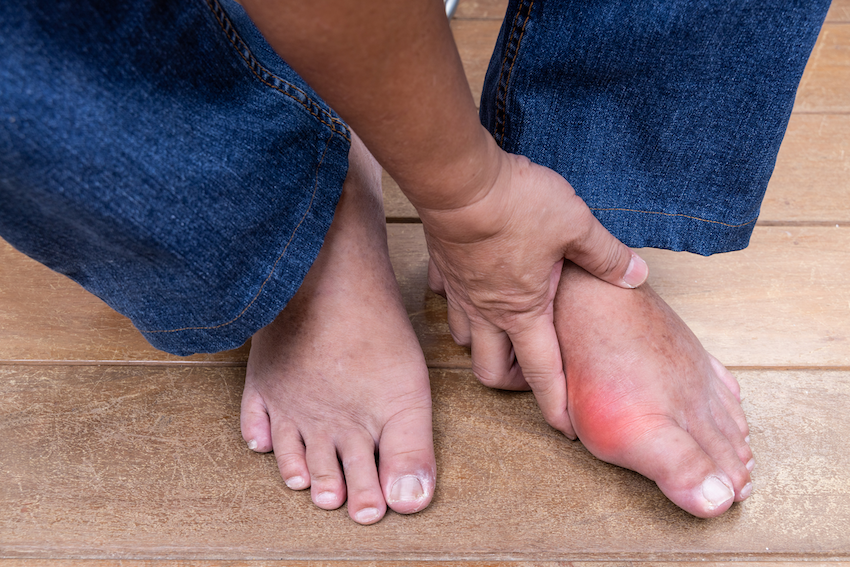
Mild® Spinal Stenosis Treatment May Be Best for Back and Leg Pain
January 17, 2023
Restore voted Best of Venice for Best Pain Management Clinic – Again!
February 20, 2023Radiofrequency Ablation for Knee Arthritis: Does it Really Work?

Genicular radiofrequency ablation is a minimally invasive knee pain management treatment involving the use of heat to destroy nerve endings that facilitate pain signals to your brain.
“Genicular” specifically refers to arteries and nerves that feed into the knee joint. Radiofrequency ablation for knee arthritis has been shown to be an effective form of pain relief for people who:
- Wish to avoid knee surgery
- Don’t qualify for knee surgery
- Have had knee surgery and still experience pain
- Have tried various knee pain therapies with limited success
- Experience other types of knee pain aside from knee arthritis
You may also benefit from radiofrequency ablation if you are having knee replacement surgery. The procedure can enhance the results you get from knee replacement.
How bad does knee pain have to be for radiofrequency ablation treatments?
Your threshold for pain may be different from someone else’s, but generally it’s time to talk to your doctor about treatment options when you experience:
- Knee pain that’s getting worse
- Popping or cracking sounds in the knee
- Swelling or tenderness in the knee
- Buckling or locking of the knee
- Mobility issues
- Knee deformities
How radiofrequency ablation for knee arthritis works
Genicular radiofrequency ablation treatments involve the use of precisely placed needles in the area where you’re experiencing knee pain. Radio waves conducted through the needle essentially “burn” the nerve endings. This prevents the pain signals from those nerves from being sent back to your brain.
Radiofrequency ablation for knee arthritis is considered a nonsurgical, noninvasive treatment. This means your doctor makes no incisions and there is less recovery time and a very low complication rate. Many people who receive this treatment report long-lasting pain relief and greater functionality.
What to expect from radiofrequency ablation for knee arthritis
Ablation treatments are performed on an outpatient basis and usually take about 30 minutes. You will receive local anesthesia (numbing of the area) and will be able to return to your daily activities the next day.
You may experience some tenderness where the needle was injected, and it may take about a week to start experiencing the pain-relieving benefits. For many patients, knee pain relief from radiofrequency ablation lasts for months at a time. You can expect the nerves that have been “ablated” to heal and for pain signals to resume. At that point, you can discuss your options with your pain management doctor. Additional radiofrequency ablation treatments may be recommended.
Do I qualify for radiofrequency ablation for knee arthritis?
You may be a candidate for radiofrequency ablation if you have tried—with little lasting benefit or success—different types of knee pain treatments, such as:
To be sure your body will respond to radiofrequency ablation treatments, your pain management doctor will conduct a genicular nerve block first. This involves injection of an anesthetic medication into the painful knee area to determine how you respond to the preliminary treatment. If you experience at least a 50% reduction in pain for at least 24 hours after the preliminary procedure, you are generally considered a candidate for radiofrequency ablation for knee arthritis.
Risks of radiofrequency ablation for knee arthritis
As with any type of medical procedure, there is some risk, although with genicular radiofrequency ablation, the risks are rare. Some patients may experience an allergic reaction to anesthesia and there is some risk of infection and bleeding. Talk to your pain management doctor about any specific risks based on your age, health history, and current health condition.
Ready to talk to someone about your knee pain options?
See if radiofrequency ablation can help relieve your knee arthritis pain. Talk to one of our pain management specialists today.



